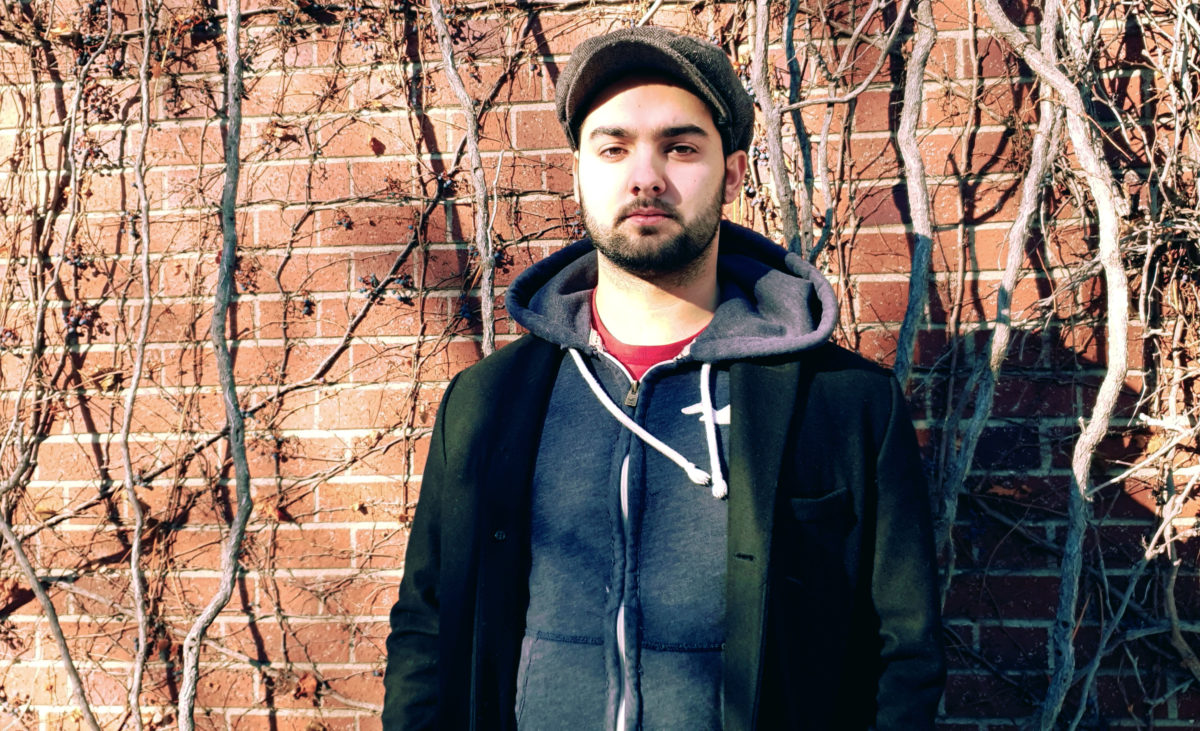

I had the good pleasure of watching the unveiling of the Wall of Flags in James Dunn Hall on Nov. 13. It was part of the St. Thomas University International Student Association’s International Education Week, a five-day celebration of a multiculturalism.
Manuel Garcia, the president of STUISA, delivered heart-warming words about how the international community at STU has created a welcoming environment for international students. I couldn’t have been happier to see such a celebration of multiculturalism, but a part of me felt conflicted. As much as it lifted my spirits to hear there is virtually no discrimination being felt at STU, I couldn’t help but think of how I was treated growing up in Fredericton. It wasn’t easy growing up Latino in this town.
My mother is Canadian, but my father is from Buenos Aires, Argentina. After marrying my mother in Buenos Aires, he moved with her to Canada. Soon after, I came along. Fredericton is a predominantly white community which means I stuck out like a sore thumb. I could count on my fingers the number of other Latinos I went to school with, but I’ve lost count of how many times I was beaten up.
I was regularly beaten by other kids at school between the ages of five and 11. For several of those years it happened on a daily basis. It was for a number of reasons, like my disabilities or my height, but also because of my race. I was singled out because of my skin and hair colour. If I spoke Spanish or discussed my heritage, it was like painting a red target on myself. I often came home from school with bruises and black eyes. I was even told by bullies that they would come into my house at night and kill me in my sleep. I remember one telling me that he was going to break a broom in half so that he could spear me in the stomach.
In Grade 3, I was transferred from Connaught Street Elementary because of a confrontation with a bully. I’d been learning martial arts to defend myself, and when I finally fought back, the principal decided I should be put in detention for the rest of the year. My mother and father didn’t accept that, so I switched to École Saint-Anne, the local French school.
Things were only better for a brief moment. I quickly encountered a new cast of bullies who found it just as easy to single me out. Speaking Spanish made me an even bigger freak there than at the previous school, and the beatings quickly resumed. I learned to resent my Latin side and would focus entirely on trying to blend in and be seen as only Canadian. Finally, in the seventh grade, I transferred one last time to George Street Middle School. There, the violence finally stopped. I took opportunity of this moment of peace to explore the identity I had been repressing for years. I was, at long last, proud to be Latino. Unfortunately, my newfound confidence invited a new horror.
In high school, I was regularly referred to as a border-jumper or cocaine dealer. On several occasions, people in the hallways would make a gesture of snorting cocaine off their finger as I passed. Even as recently as this summer, I’ve had people threaten me with violence in public or stop me to ask me “Where are you from?”
Racism is a very real thing in Canada. Indigenous people are incarcerated at rates similar to African Americans in the United States. Syrian refugees are forced to suffer open discrimination while trying to find a home. I was forced to resent being Argentinian, but it was fellow Canadians who stomped on me in playgrounds and threw me up against lockers. If I should feel ashamed of any side of my heritage, it is not the Argentinian side.
We need groups like STU’s International Student Association because their celebration of diversity stands in direct opposition to the racism that dogged me growing up. Their open embrace for other cultures, their initiatives to find employment for students who come from abroad, and their fierce dedication to providing a safe environment on campus make Canada a better place. If people like them continue to work hard, perhaps one day I will be proud to be Canadian.
